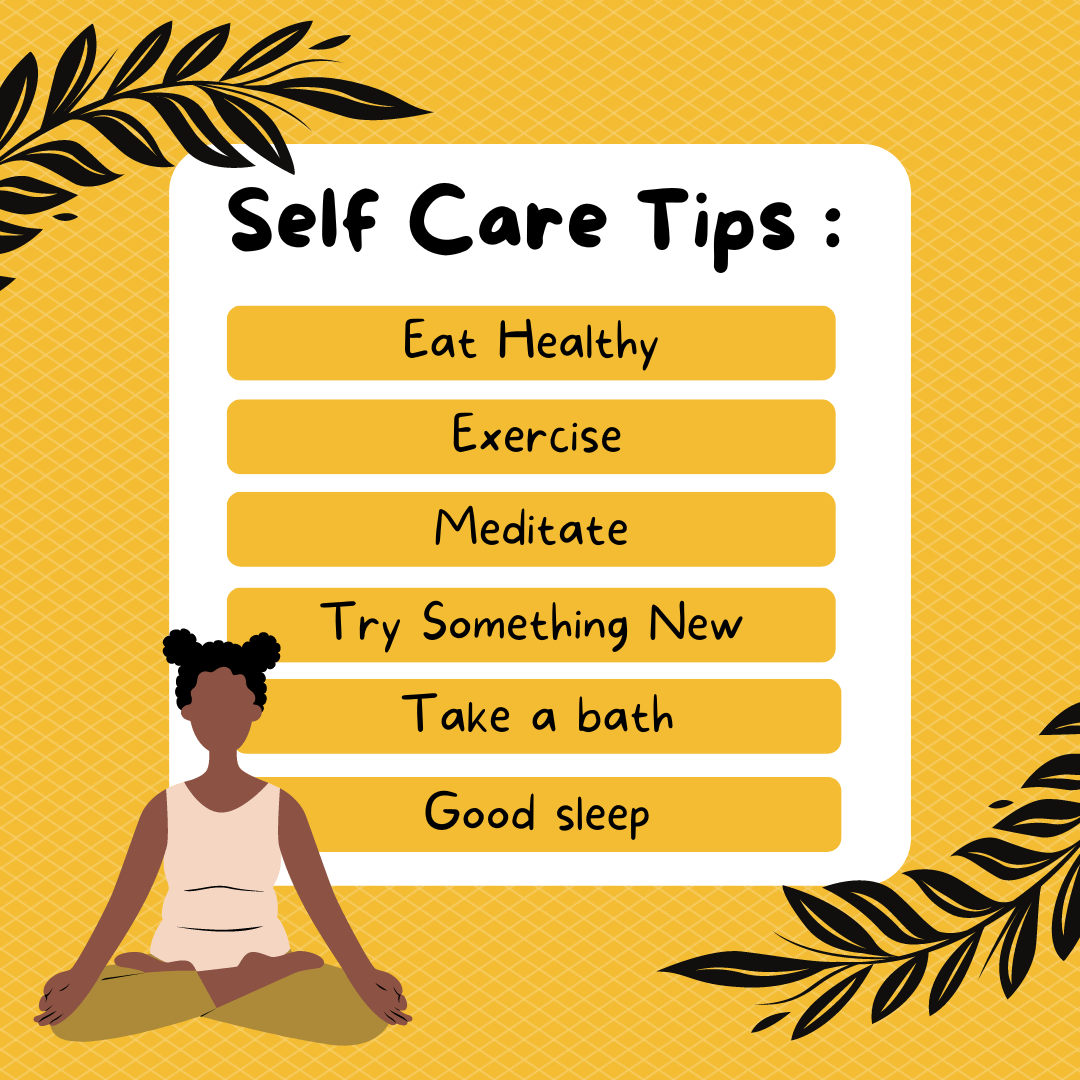Table of content
Believing in yourself
Many of us aspire to boost our confidence levels. Having trust in our abilities, qualities, and judgments is certainly desirable.
According to the American Psychological Association, self-confidence is defined as “a belief in one’s capability to effectively handle the demands of a task.” It can encompass a general sense of control over one’s life or be more specific to certain situations.
While you might excel in one area and feel confident, you may struggle in others. The research underscores the importance of confidence for overall health and psychological well-being.
However, building and sustaining confidence is challenging, especially when faced with failure or mistakes. That’s why actively working on bolstering self-confidence is crucial; it’s not something you achieve once and forget about. Despite sounding cliché, believing in yourself is essential.
Hannah Owens, LMSW, highlights the internal and external ramifications of self-doubt. “Confidence not only impacts your self-perception but also conveys to others that you are reliable and capable—attributes that are valuable both socially and professionally.”
Ways to Be More Confident
Maintaining a healthy level of self-confidence is instrumental in achieving success both personally and professionally. Studies indicate that individuals with higher confidence levels often excel academically and project themselves more effectively to others.
The good news is that there are numerous strategies to boost self-confidence. Whether you find yourself lacking confidence in a particular domain or struggling with confidence in general, these nine tips offer practical guidance to enhance your self-assurance.
Stop Comparing Yourself to Others
Do you catch yourself comparing your appearance to those you follow on Instagram? Or perhaps you find yourself sizing up your salary against your friend’s earnings. Social comparison theory suggests that such comparisons are a natural tendency, yet they often do little to bolster self-confidence and may have the opposite effect.
A study published in Personality and Individual Differences in 2018 highlighted a direct correlation between envy and self-perception. Researchers observed that individuals who engage in comparisons tend to experience feelings of envy, which subsequently diminish their self-esteem.
How can you cultivate self-confidence amidst the urge to compare? Firstly, recognize that comparison serves little purpose in fostering personal growth. Each individual is on their unique journey, and life isn’t a competition.
In moments of envy, it’s beneficial to reflect on your strengths and achievements. Maintaining a gratitude journal can help you focus on the blessings in your life rather than fixating on others’. This shift in perspective allows you to celebrate your victories, bolstering your confidence.
Hannah Owens notes, “Social media, in particular, encourages comparison—it’s practically built into the platform. However, reminding yourself that people often showcase only the highlights or lows of their experiences can help you appreciate your daily triumphs, ultimately uplifting your confidence.”
Surrounding Yourself with Positivity
Take a moment to reflect on how your friends impact your emotions. Do they uplift you or drag you down? Are they quick to judge, or do they embrace you for who you are?
The company you keep holds significant sway over your self-perception, often more than you realize. It’s crucial to be mindful of how others’ presence affects your mood and outlook. If spending time with certain individuals leaves you feeling low about yourself, it might be time to reevaluate those relationships.
Instead, prioritize companions who genuinely care about you and your well-being. Surround yourself with individuals who radiate positivity and actively contribute to building your confidence. Remember, self-confidence and a positive mindset are intertwined; nurturing one fosters the other.
Prioritize Your Physical Well-Being
Recognize the importance of caring for your body in fostering confidence. It’s challenging to maintain a positive self-image when neglecting your physical health. Engaging in self-care practices demonstrates a commitment to nurturing your mind, body, and spirit, ultimately enhancing your confidence levels organically.
Embrace Self-Kindness
Self-compassion entails extending kindness to yourself amidst mistakes, failures, or setbacks. By practicing self-compassion, you cultivate emotional resilience, empowering you to navigate difficult emotions effectively while strengthening your relationships with yourself and others.
Taking care of your body doesn’t just mean looking good…When you make yourself and your self-care a priority, you are projecting to the world that you matter—which convinces others to feel the same way about you.
Confront Your Fears
Don’t wait until you feel completely self-assured to take action, whether it’s asking someone out or going for a promotion. One of the most effective ways to bolster your confidence in such situations is by confronting your fears directly.
Challenge yourself to confront the fears rooted in your lack of confidence. Even if you fear embarrassment or making mistakes, push yourself to try anyway. Embrace the notion that it’s merely an experiment and observe the outcomes.
You might discover that your anxieties and errors aren’t as detrimental as you imagined. With each step forward, you’ll gradually build more confidence in yourself. Ultimately, this process can help mitigate the risks associated with potentially negative consequences.
Hannah Owens remarks, “While easier said than done, celebrating small victories can be immensely rewarding. Think of it as a form of exposure therapy—every bit of progress counts!”
For More Articles Click Here.
